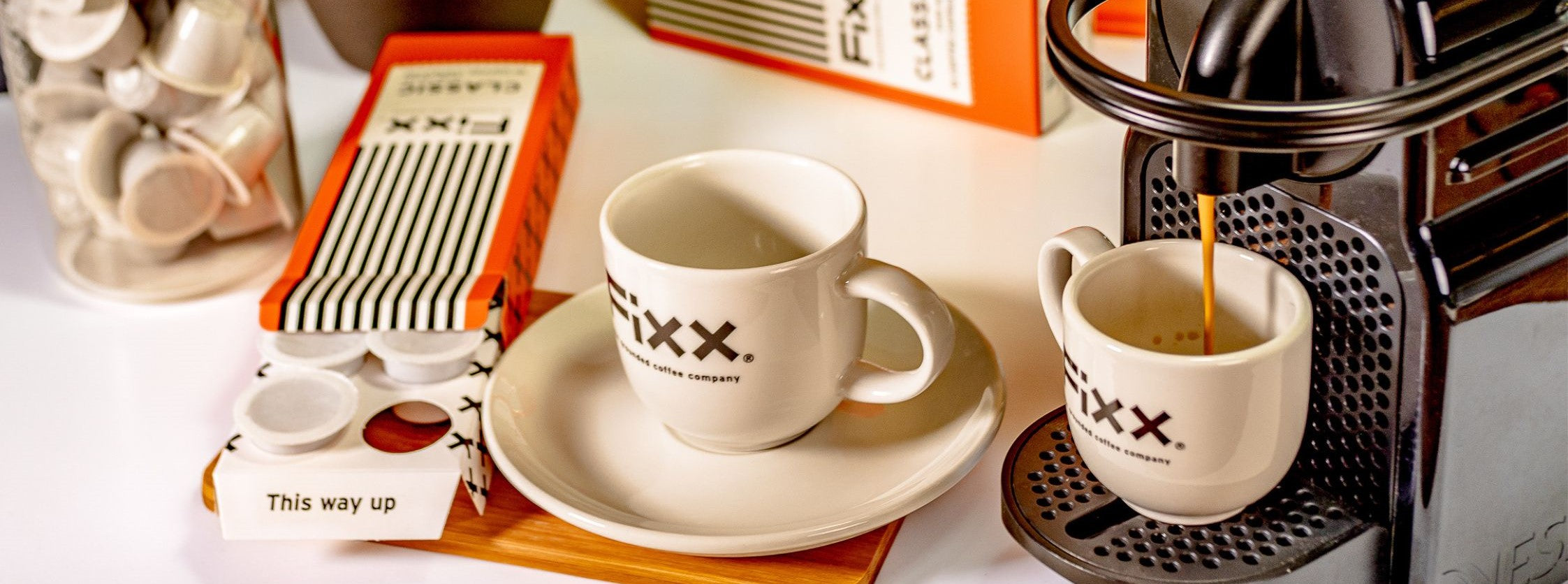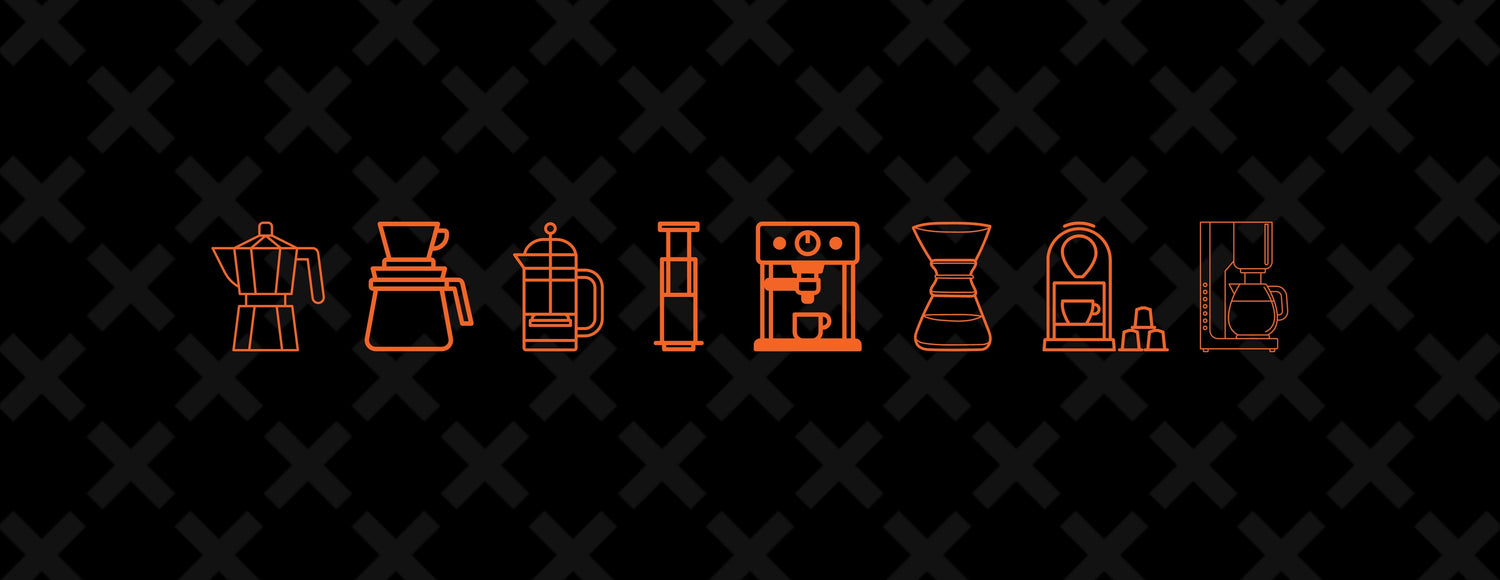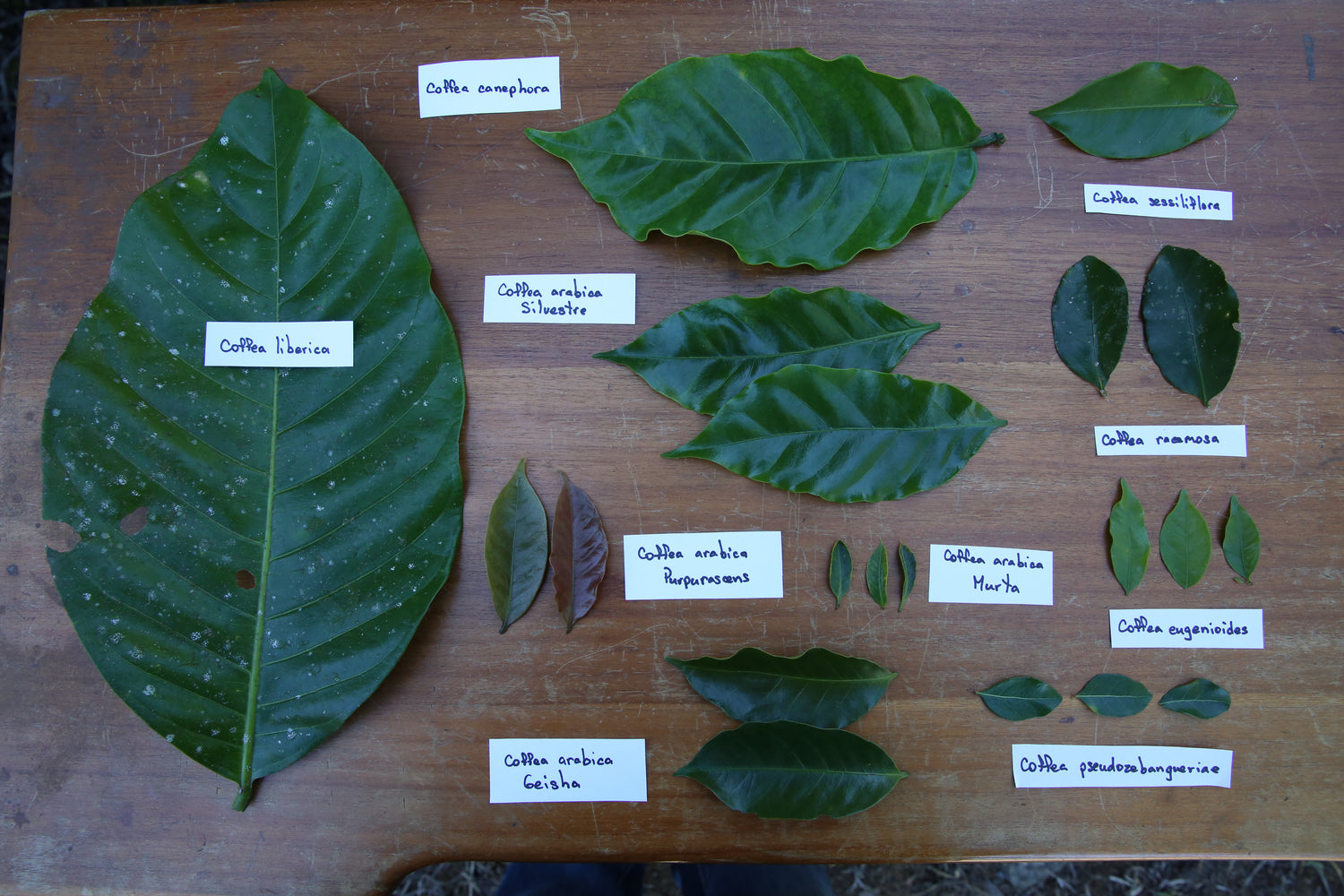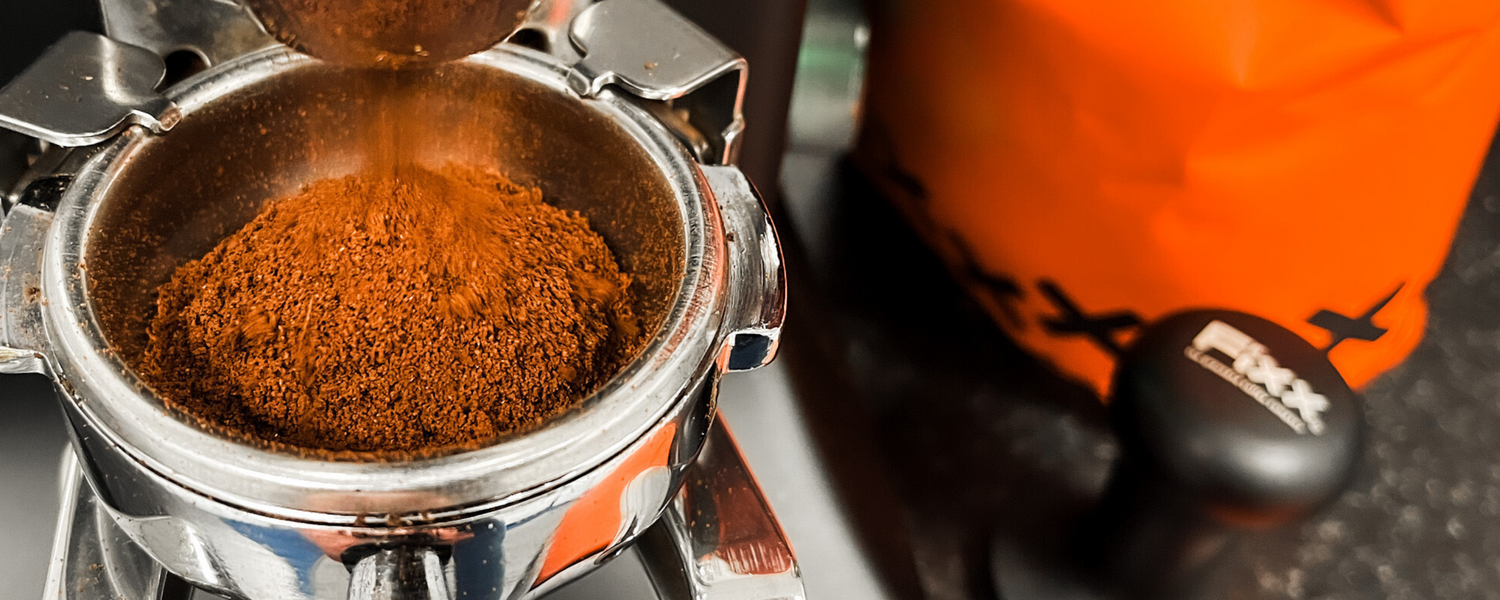Coffee Capsules
What are Coffee Capsules?
Coffee capsules are small, single-serving containers filled with pre-measured amounts of ground coffee beans. They are designed for use in single-serve coffee machines like Nespresso, Keurig, and other similar systems. These capsules are typically made of plastic or aluminium. However, our FiXX capsules are made of compostable and biodegradable PLA plastic. All capsules are sealed to preserve the freshness of the coffee inside.
Coffee capsules were first designed and patented by Eric Favre, a Swiss aerodynamics engineer working for Nestlé in the 1970s. But it would be until the late 1990s before their popularity exploded, thanks to the marketing expert Jean-Paul Gaillard, who pitched Nespresso machines and those who used them as people who belonged to a particular lifestyle available only to a few. From 2012 onwards, Nespresso patents for single-serve capsule machines began to expire, opening the door to competitors who wanted in on this new craze.
How do Coffee Capsules Work?
When Farve invented them, he aimed to replicate an espresso he had experienced in Italy brewed on a lever-operated espresso machine. He observed that at the Sant'Eustachio Il Caffè in Rome, the baristas would pump repeatedly, forcing more air and water into the coffee puck. This resulted in greater oxidisation, which extracted more flavour from the coffee and created a foamier, golden crema. Here's a step-by-step explanation of how coffee capsules work:
-
Capsule Construction
FiXX capsules are made of compostable and biodegradable PLA plastic. However, many are made of plastic or aluminium. No matter the material, capsules are designed to be airtight to preserve the freshness of the coffee grounds inside. They come in various shapes and sizes, depending on the brand and type of coffee machine, but each work by the same principles. -
Coffee Grounds
Inside the capsule, you'll find finely ground coffee beans. The weight of the coffee inside is determined by the roast type or recipe of the blend. -
Brewing Process
Every machine then uses a combination of water pressure and heat to brew the coffee. The exact brewing process may vary depending on the specific machine, but here are the general steps:
- Piercing: When you insert a capsule into your machine and close the lid, a small syringe-like needle pierces the pod to create a small opening.
- Water Heating: The coffee machine heats the water to the ideal brewing temperature, which is typically around 90°C to 96°C (195°F to 205°F).
- Water Injection: Hot water is injected into the capsule under pressure. The pressure helps extract the flavours and oils from the coffee grounds. As the pressure builds, the capsule expands, pushing the paper/foil lid against a spiked plate, which pierces the cap, allowing the coffee to escape.
- Dispensing: The brewed coffee flows out of the capsule and into your cup.
With many machines, you can customise the size and strength of your coffee by adjusting the water flow and brew time. After brewing, the used capsule is usually ejected into a waste container within the machine. To finish, add any milk, sugar, or flavourings to your brewed coffee if you're into that sort of stuff. Coffee capsules are popular for their convenience and consistency in delivering a consistent cup of coffee without the need for manual grinding and measuring.
What Are the Benefits of Coffee Capsules?
Convenience
- The primary benefit of coffee capsules is their convenience. They simplify coffee-making, eliminating the need to grind beans, measure coffee grounds, or deal with coffee filters. You can have a cup of coffee ready in seconds by simply inserting a capsule and pressing a button. Capsules are perfect for individuals with busy lifestyles. They provide a quick and efficient way to brew coffee, making them ideal for mornings when you're in a hurry.
Consistency
- Coffee capsules provide consistent flavour with each use. Since the coffee is pre-measured and sealed within the capsule, you can expect the same taste profile every time you brew a cup. This is especially appealing to those who prefer a reliable and uniform coffee experience.
No Need for Special Skills
- Coffee capsules are user-friendly and require no specific brewing skills or knowledge. This makes them accessible to individuals who may not have experience with other coffee-making methods.
Less Maintenance
- Coffee capsule machines are generally easier to clean and maintain than traditional espresso machines or drip coffee makers.
What Are the Environmental Considerations of Coffee Capsules?
Coffee capsules have raised significant environmental concerns due to the materials used in their production and disposal. Here are the primary environmental considerations associated with coffee capsules:
-
-
Recycling Challenges
Many capsules (excluding FiXX Coffee capsules) are made from non-biodegradable materials such as plastic or aluminium. In theory, both of these materials are 100% recyclable. However, recycling capsules can be challenging due to their small size and the mix of materials used. Plastic and aluminium capsules often require specialised recycling facilities or processes that may not be widely available in all areas. As a result, many capsules end up in regular household waste. -
Waste Generation
Some larger producers of aluminium capsules offer recycling programmes with drop-off points for used capsules. However, getting the numbers on how many people take advantage of these programmes isn't easy. In 2018, 59 billion capsules were made - 112,252 per minute globally. That mind-boggling number becomes nauseating when it is estimated that 95% of that number went to landfills.
-
-
Environmental Impact of Aluminum
While aluminium is recyclable, producing aluminium capsules still has environmental consequences, including energy consumption and greenhouse gas emissions. Recycling aluminium capsules can mitigate some of these concerns but requires proper collection and recycling infrastructure.
To minimise the environmental impact of coffee capsules, consider the following actions:
- Choose Eco-Friendly Capsules: Look for easily recyclable or compostable, biodegradable coffee capsules, like our FiXX Coffee capsules. These capsules are typically made from more sustainable materials and have specific disposal instructions.
- Recycle Properly: If your local recycling program accepts coffee capsules, follow their guidelines for proper disposal. Rinse out the capsules and separate any components as required.
I am happy to say our FiXX capsules, produced by Unit Nine Coffee in Dublin, are certified compostable with the certification standard TÜV AUSTRIA's OK Compost and Seedling. This means that our capsules can go straight into your brown bin at home. Or, if you have a home compost heap, they can go there too. To receive this certification means all materials, including inks or glues used, are also compostable.





